KUALA TERENGGANU, Dec 8 — Reliance on middlemen who dominate the market is often the cause of the exorbitant increase in prices of goods in the country, said Universiti Malaysia Terengganu’s Business, Economics and Social Development Faculty’s lecturer, Associate Professor Dr Roshaiza Taha.
In this regard, Dr Roshaiza proposed strict enforcement be imposed on every stage of the supply chain, from the manufacturer to the final trader, to address the issue.
She said small traders, especially in markets, faced difficulties in dealing with customer complaints regarding the steep increase in prices.
“On top of that, enforcement agencies always monitor the price of goods in the wet markets while the profits earned by the traders are not as high.
“Preferably, enforcement should be carried out against the middlemen to find out the root of the increase in prices of goods that is too sudden and extreme,” she said when contacted by Bernama regarding the price hike of basic food items such as vegetables, fish and chicken since mid-November.
She said there were several factors behind the price hike following the economic transitions in line with the National Recovery Plan (PPN).
“We understand that this increase is also due to the easing of interstate activities resulting in tourism activities, further increasing the demand for these basic goods. People have returned to dining out and hotels are fully booked.
“The increased in demand is not in line with supply, especially at the end of the year due to the northeast monsoon which restricts the movement of fishermen,” she said.
“These factors contribute to a shortage in local supplies and high reliance on imported products. Therefore, the public needs to be further prepared for a hike in prices of goods due to the floods that will affect the supply of agriculture products including vegetables,” she said.
She also said that the situation was influenced by the increase in operating costs to comply with standard operating procedures (SOP) to prevent the spread of the COVID-19 virus.
“The cost of face masks, sanitisation costs as well as (COVID-19) screening tests are among the additional costs that need to be borne by businesses. The instability of global oil prices and high inflation also play a role in price hikes.
“Based on recent news reports claiming that farmers are still selling (produce) at the same price to wholesalers, here I would like to stress the importance of enforcement in each stage of the supply chain,” she added.
Sources: BERNAMA

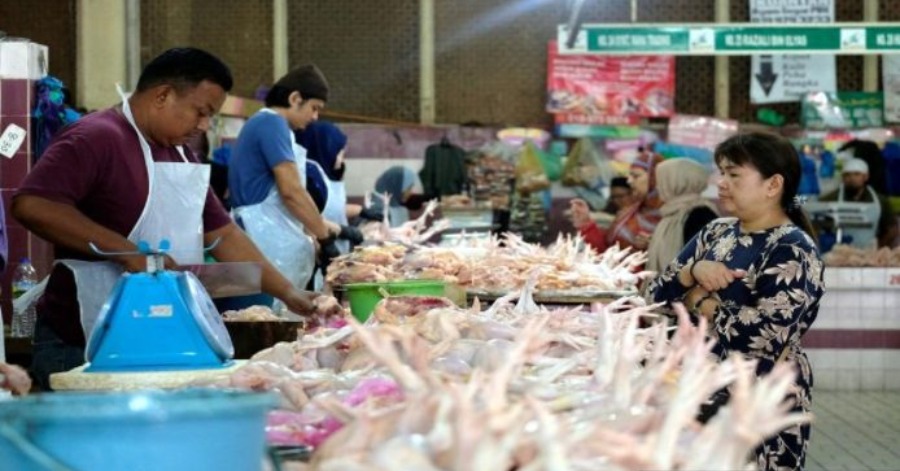


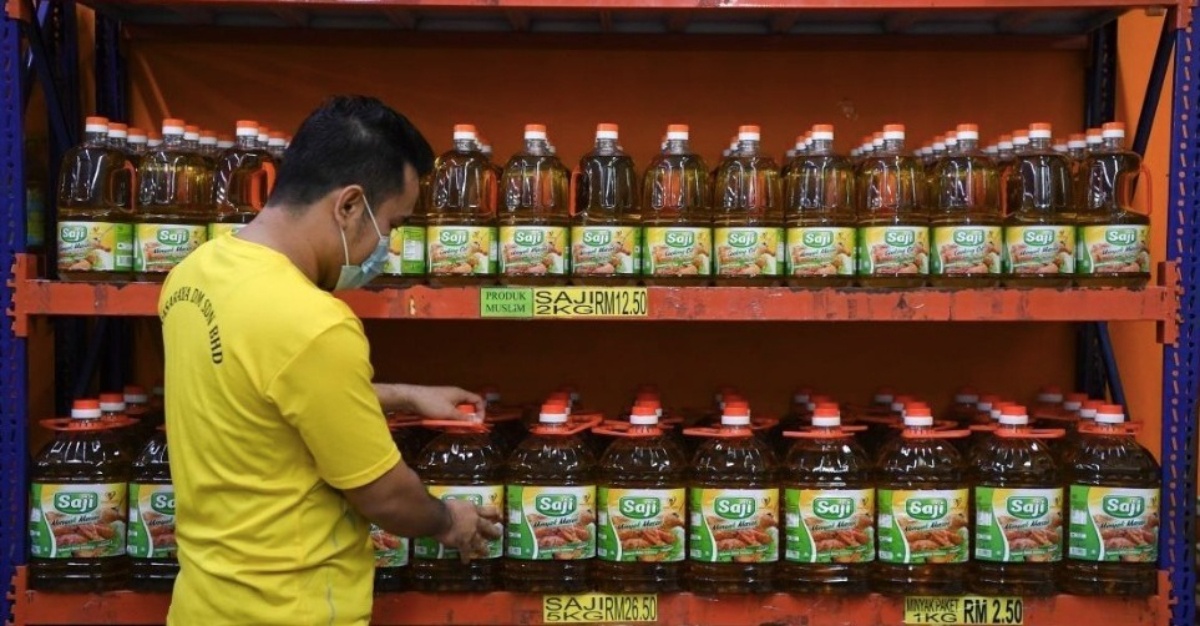
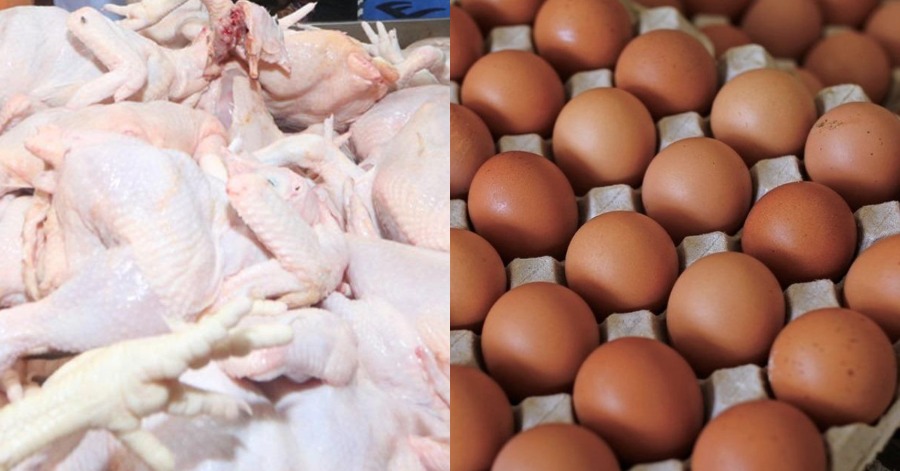
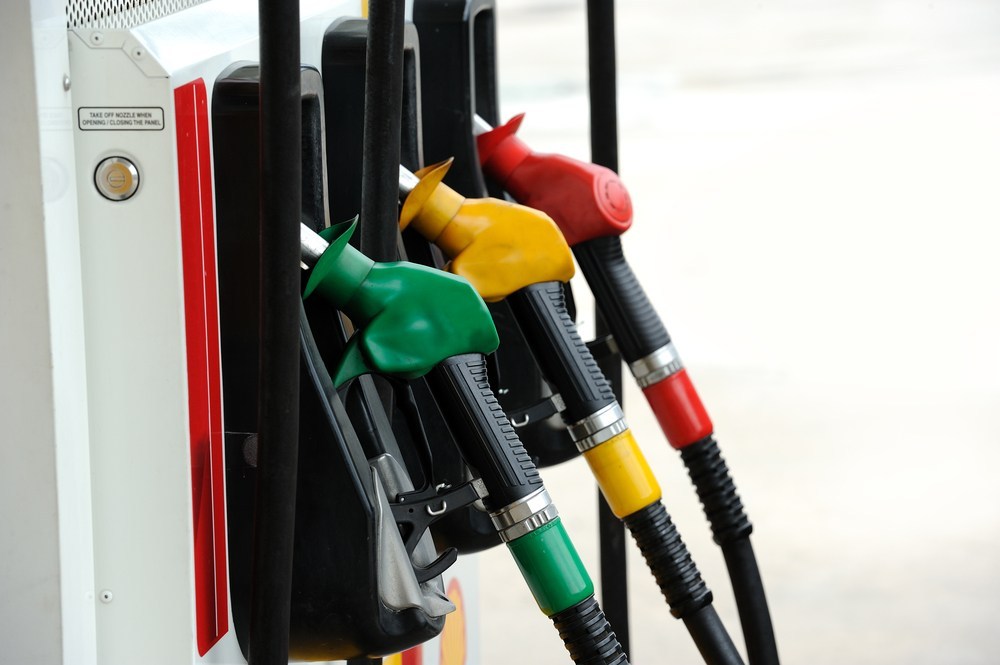
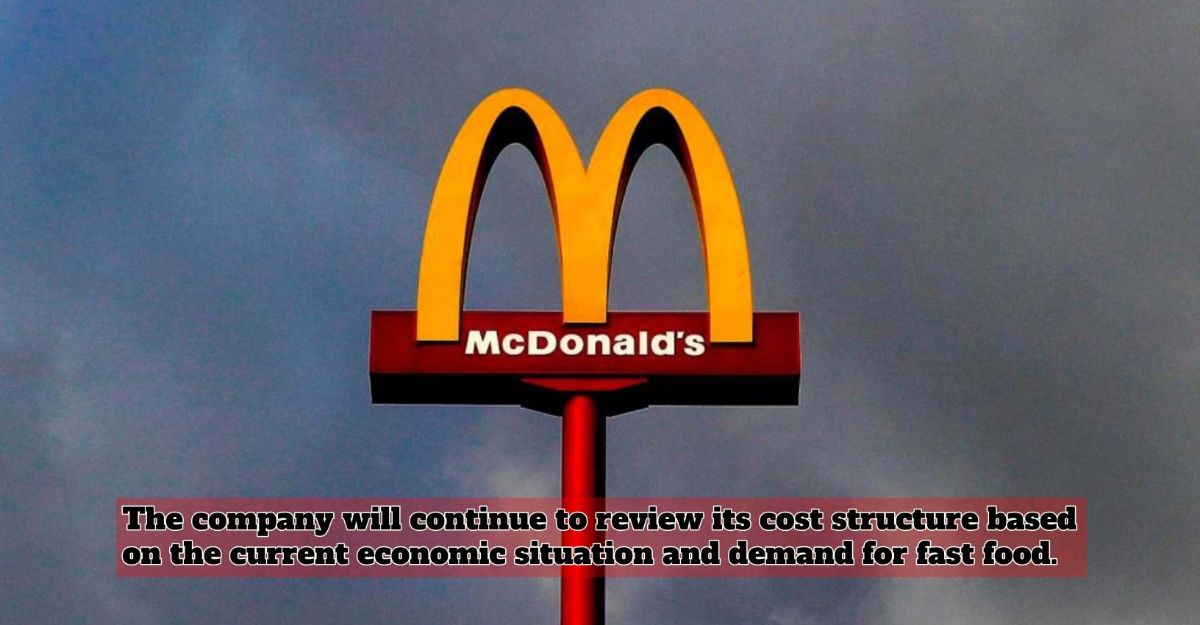
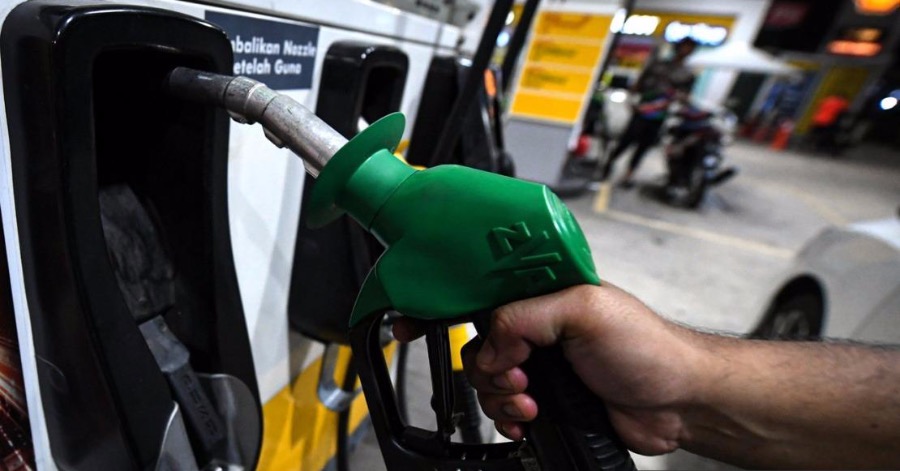
Leave a Comment